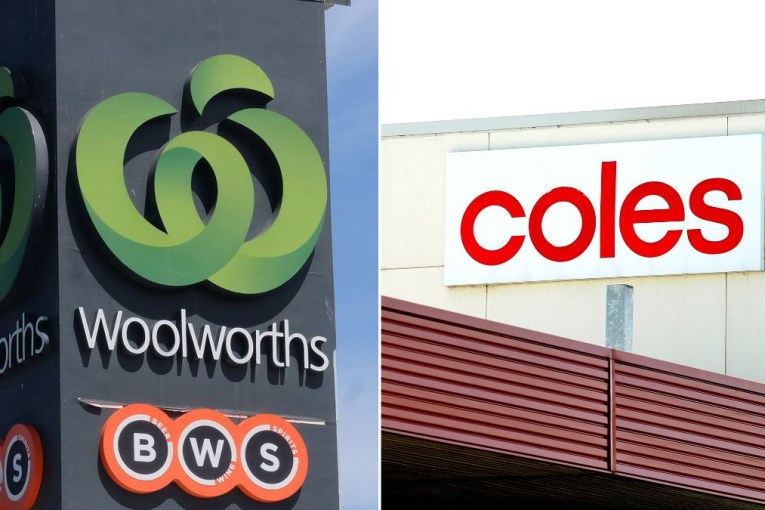Does iron ore plunge justify a savage budget?


Shutterstock
Joe Hockey says the price of Australia’s number one export, iron ore, could plummet to $35 a tonne, and he will have to slash public spending at the next budget to cover the shortfall, hitting households where it hurts.
But experts say Mr Hockey is grossly overstating the effect such a fall would have on the budget, and that the negative rhetoric will only further spook an already weak economy.
They also say Mr Hockey’s stance shows he is at odds with Prime Minister Tony Abbott over what sort of a budget to deliver in May.
• Paul Bongiorno: budget bogeyman still stalking PM
• Prepare for tough budget: Hockey
• How Australia squandered the mining boom
This could mean that, far from being “dull” and “routine”, the upcoming budget could turn out to be one of the most interesting and divisive of recent times.

The price of iron ore largely comes down to decisions made in Beijing, and there is little, if anything, Canberra can do about it. Photo: Shutterstock
Why iron ore is plummeting
At the height of the mining boom, iron ore was worth $180 a tonne because China’s demand for iron ore far exceeded the amount of iron ore available.
Since then, supply has skyrocketed while China’s economic growth has slowed, meaning there is too much iron ore on the market. Hence the plummeting price (currently $47 a tonne).
This in itself was to be expected. What wasn’t to be expected, however, was the speed at which the price has dropped. And economists say it is likely to fall further.
“The thing that will stop iron ore prices falling is either an upturn in demand – and nobody is expecting that at the moment – or iron ore producers falling out of the market,” The Australia Institute senior economist Matt Grudnoff said, adding neither scenario looks likely at the moment.
David Bassanese, chief economist at BetaShares, agreed.
“It’s hard to see a catalyst for a rebound in prices any time soon. There just doesn’t seem to be enough blood in the water.”
So on the price of iron ore, it looks like Joe Hockey is right.
How bad is it?
But while the government may be right about the price of iron ore, Mr Grudnoff said it is way off about the effect on the economy.
On a number of occasions Assistant Treasurer Josh Frydenberg, for example, has said every $10 drop in the price of iron ore costs the government $10 billion.
But this is a highly dubious claim. Since 2011, the price of iron ore has dropped by $130. If Mr Frydenberg was right, that would represent a loss of $130 billion.
But according to Mr Grudnoff, at the peak of the mining boom in 2011, the iron ore industry only paid between $8 billion and $15 billion in taxes. Mr Grudnoff puts the budget deficit down to a more diverse range of causes.
“I think the economy more widely is slowing down,” said Mr Grudnoff. “We’re seeing the lowest wages growth ever recorded since the ABS started recording them. Income tax is the single biggest tax that the government collects, and a slow wages growth means very slow growth in income tax receipts.”
What the government should do
There is nothing the government can do about the plummeting iron ore price, and both Mr Bassanese and Mr Grudnoff agree that negative rhetoric and big cuts are not the way to make up for the lost revenue.
“I’d like to see the government’s rhetoric shift from overly focusing on the budget deficit to worrying about growth,” said Mr Bassanese.

Tony Abbott and Joe Hockey appear to be at odds with one another.
Mr Grudnoff went a step further, saying: “I think the budget needs some stimulatory effect. That might just come from backing away from a lot of the cuts that they’ve already made. It might come from a refocus.”
He also said that the mystery surrounding the budget is a problem in itself.
“Commentators are genuinely in the dark. The economy and the public don’t like shocks.”
Conflict between Abbott and Hockey?
Both Mr Bassanese and Mr Grudnoff said the contrast between Joe Hockey’s tough rhetoric and Tony Abbott’s promise of a “dull” and “routine” budget are evidence of a split.
“Obviously the message that the Treasurer is getting from the Treasury Department is that things are dire and we need to tighten the belt,” said Mr Bassanese.
“Whereas the Prime Minister’s advisers are probably saying, ‘Hey, our popularity is sinking, we need to soften up’. How they reconcile those two is going to be very interesting over the next few weeks.”
Mr Grudnoff agreed: “They’re obviously at odds with each other. When the Prime Minister and the Treasurer disagree, then it’s always interesting times for political commentators.”








